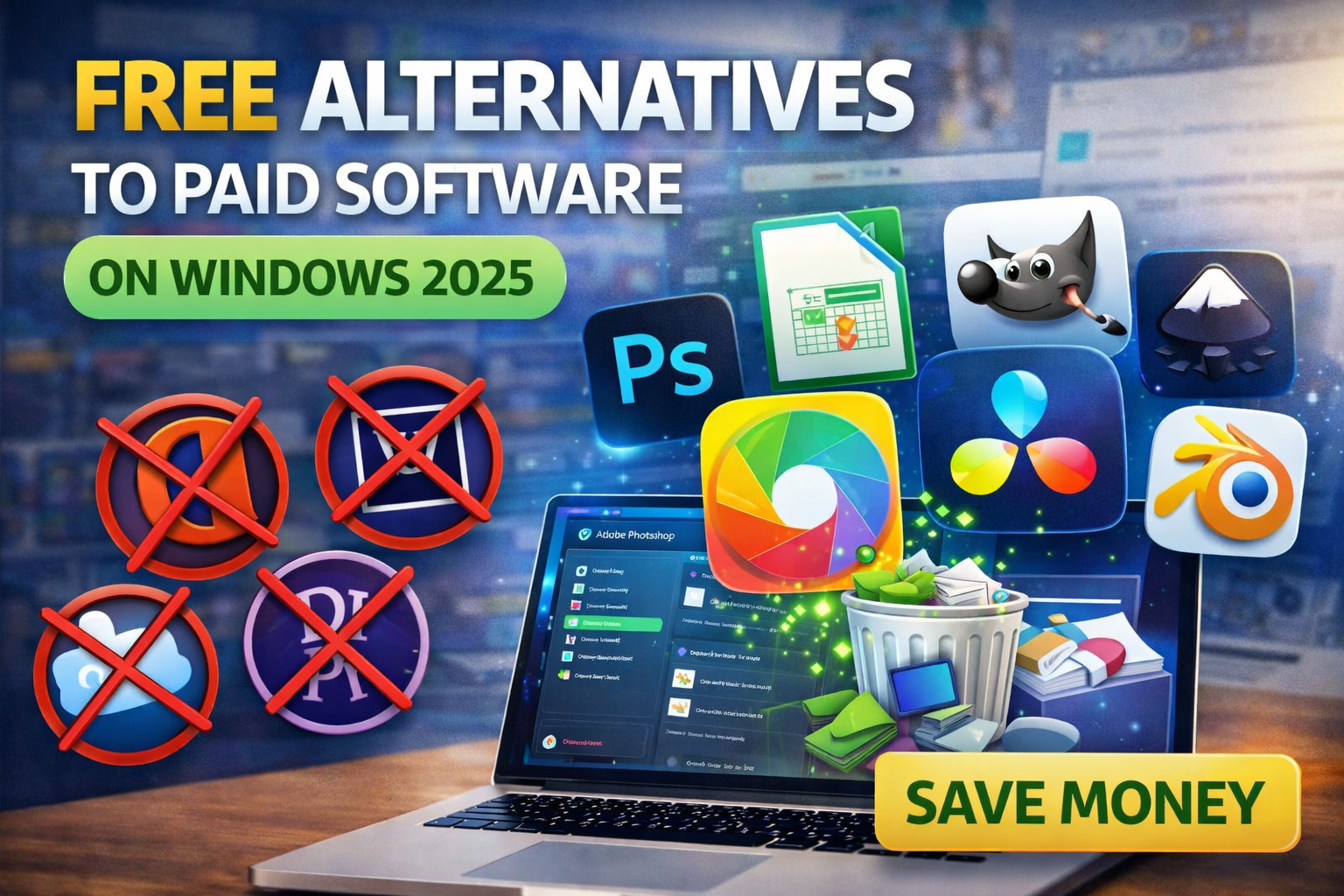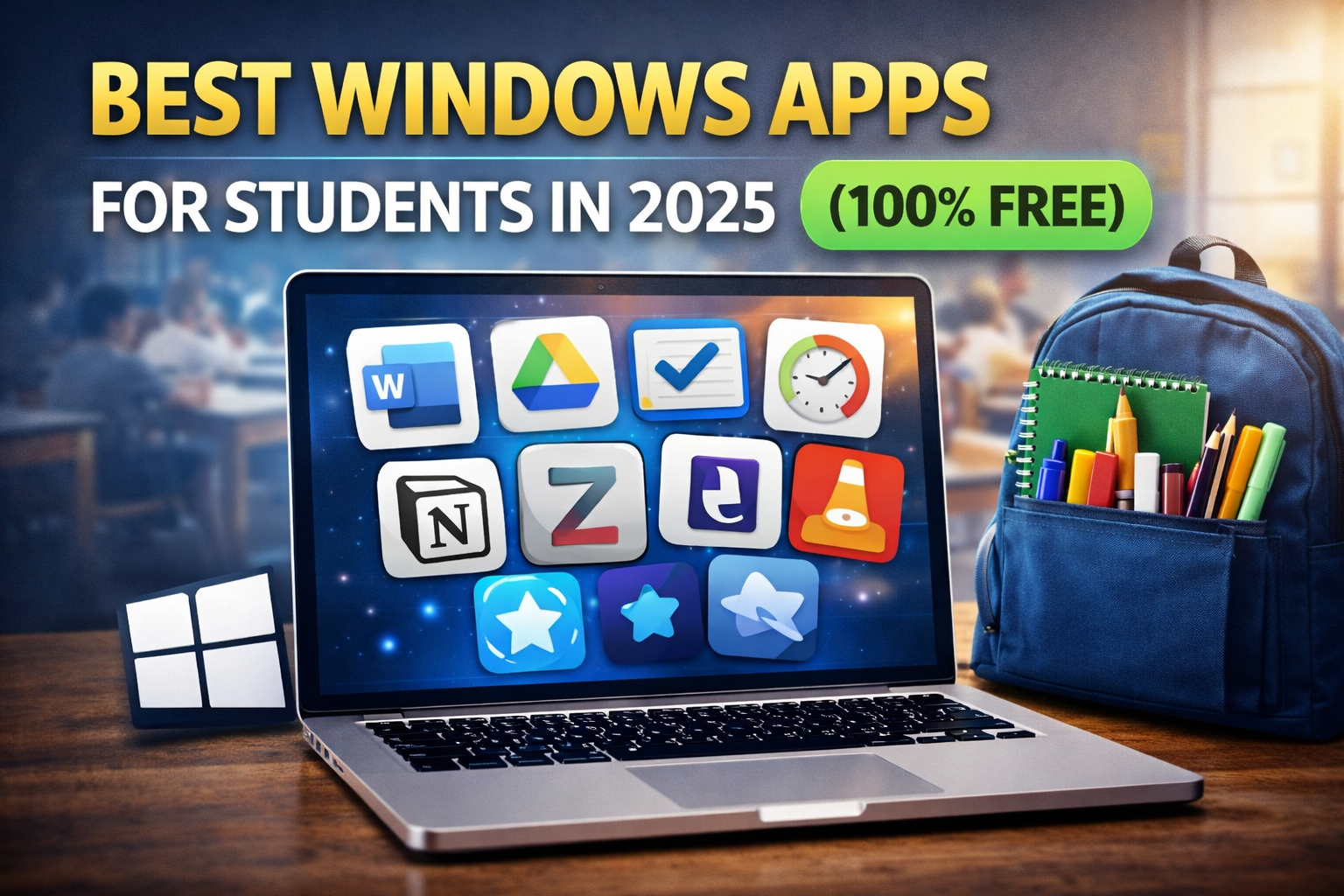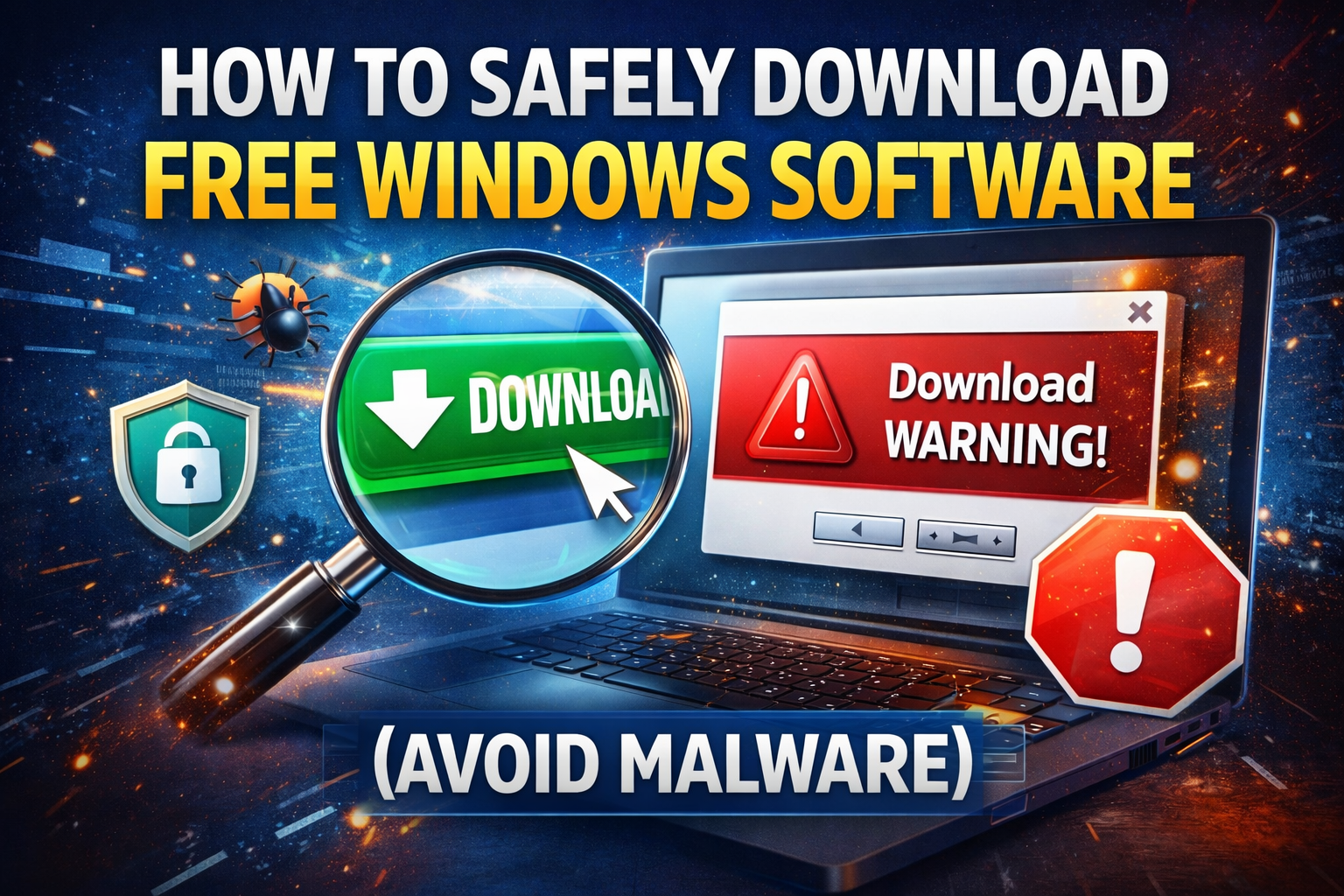

Additional Information
Lightweight utility that helps format and create bootable USB flash drives
| Version | Rufus Portable 4.1 |
| Requirements |
Windows 7 64/ Windows 8 64/Windows 10 64/Windows 11 |
| Updated | June 25, 2023 |
| Author | Pete Batard |
| Category | Cleaning and Tweaking |
| License | Open Source |
| Language | English |
| Download | 397 |
Overview
Rufus Portable is a utility that helps format and Create Bootable USB Flash Drives, such as USB keys or pen drives, memory sticks, etc. It can be especially useful for cases where you need to create USB installation media from bootable ISOs (Windows, Linux, etc.), to work on a system that doesn't have an OS installed, to flash a BIOS or other firmware from DOS, and to run a low-level utility.
If you create a DOS bootable drive and use a non-US keyboard, Rufus Portable will attempt to select a keyboard layout according to the locale of your system. In that case, FreeDOS, which is the default selection, is recommended over MS-DOS, as it supports more keyboard layouts. Rufus Portable Free Download Latest Version for Windows PC. It is a full offline setup installer of the software.
Creating an ISO image from a physical disc or from a set of files is very easy to do however, through the use of a CD burning application, such as the freely available CDBurnerXP or BurnAware.
It can be especially useful for cases where:
If you create a DOS bootable drive and use a non-US keyboard, Rufus Portable will attempt to select a keyboard layout according to the locale of your system. In that case, FreeDOS, which is the default selection, is recommended over MS-DOS, as it supports more keyboard layouts. Rufus Portable Free Download Latest Version for Windows PC. It is a full offline setup installer of the software.
Creating an ISO image from a physical disc or from a set of files is very easy to do however, through the use of a CD burning application, such as the freely available CDBurnerXP or BurnAware.
It can be especially useful for cases where:
- you need to create USB installation media from bootable ISOs (Windows, Linux, UEFI, etc.)
- you need to work on a system that doesn't have an OS installed
- you need to flash a BIOS or other firmware from DOS
- you want to run a low-level utility










No comments yet. Be the first to comment!